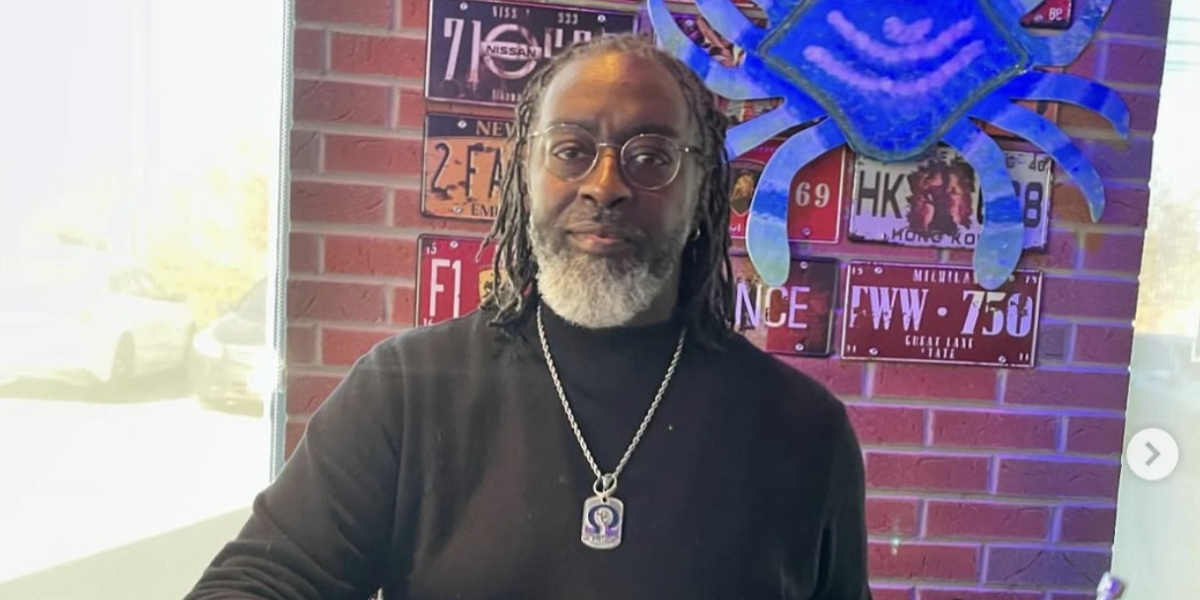By: Shawn Mars
Neal Conway, the producer behind some of the most iconic house and dance records of the late 80s and 90s, has lived through nearly every seismic shift in the music industry. From the analog sessions of the underground club scene to the digital revolution that reshaped production, and now the dawn of AI, Conway has seen how technology can both empower and threaten artistry.
AI as a Producer’s Tool
For Conway, artificial intelligence has a place in music, but only as a tool in the hands of skilled musicians. He points to AI-powered mastering software like Ozone 11 as an example of how technology can save time without erasing the human touch.
“It’ll assess a track in 10 or 15 seconds. That I love, that I’m good with,” Conway explained. “But I still send it to a live sound engineer to make sure everything is tweaked. AI can assist, but it can’t replace the craft.”
Where he grows critical is when AI becomes a shortcut for those without training. “Non-music people use AI as a cheat, to try to do what we’re doing. They want quick fame and fortune without learning their craft,” he said. “AI is a tool. Don’t use it as a whole.”
Preserving Integrity in the Industry
Conway’s perspective is shaped by decades of firsthand experience producing music that continues to resonate worldwide. Having built his career on originality, he’s wary of how AI might erode the creative integrity of the industry if misused. “Technology evolves, but it also dummies us down. And now, with AI, it’s dumbing us down with steroids,” he warned.
Nostalgia and the Human Touch
Audiences, Conway argues, are beginning to crave authenticity again. After years of sample-heavy tracks and digital shortcuts, listeners are turning back to live musicianship and organic sound.
“People are tired of over-sampled tracks,” Conway said. “They want that real, human vibe, guitars, keys, live energy. That’s what lasts.”
Ironically, he notes, younger artists still flock to sample his catalog, including the era-defining Gypsy Woman (She’s Homeless)—because they can’t recreate the sonic texture of earlier generations. “They can’t get that genuine sound, so they go back and sample. That’s because there was a depth to the process in the analog days that today’s tools can’t replicate.”
A Legacy That Resonates
Despite technological shifts, Conway’s music has outlived trends and continues to inspire. “Some 16-year-old kid is playing Gypsy Woman. I couldn’t imagine that 35 years later, kids would still be engaged with it,” he said. From underground clubs to global remixes—including one that blended his work with Tchaikovsky, Conway’s legacy underscores the enduring power of human-made music.
The Future of Music
As an artist and producer, Conway embraces the evolution of tools while staying rooted in craftsmanship. For him, AI is just the latest in a long line of innovations, from synthesizers to digital recording, that must be balanced with authenticity.
“At the end of the day, people want to see someone play an instrument, created with their hands. That’s what creates experiences and memories,” he said.
Conway’s take offers a sharp reminder as the industry navigates its AI future: the tools may change, but the heart of music remains human.






